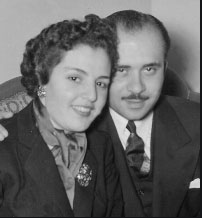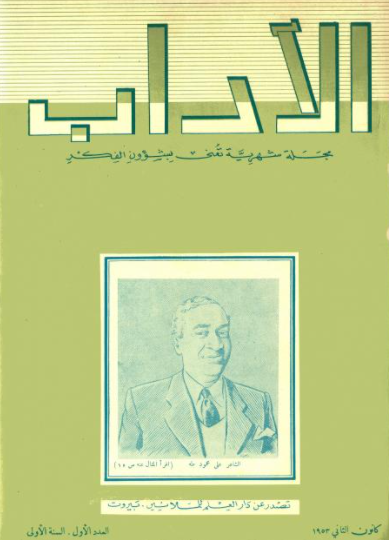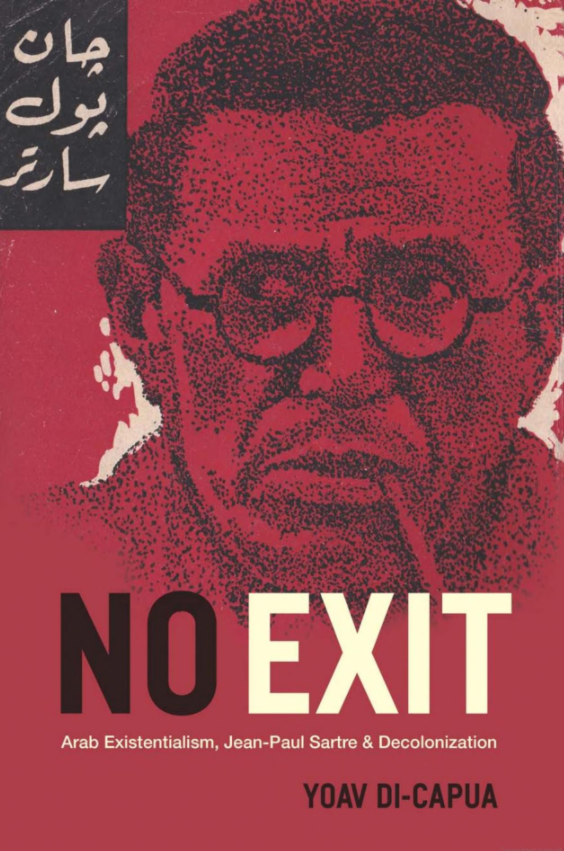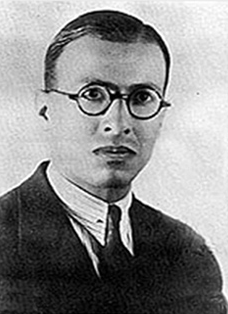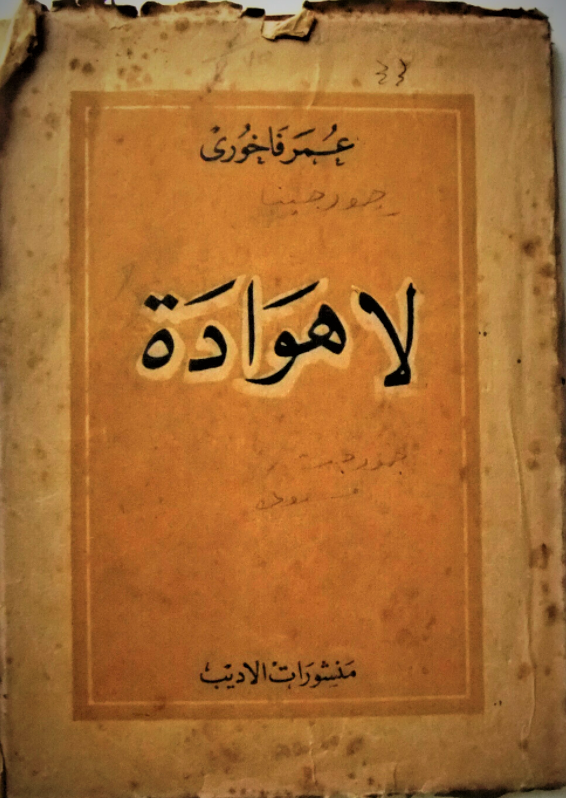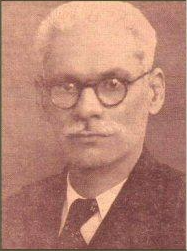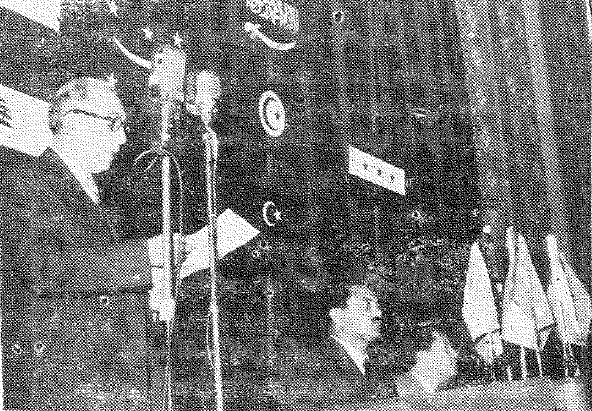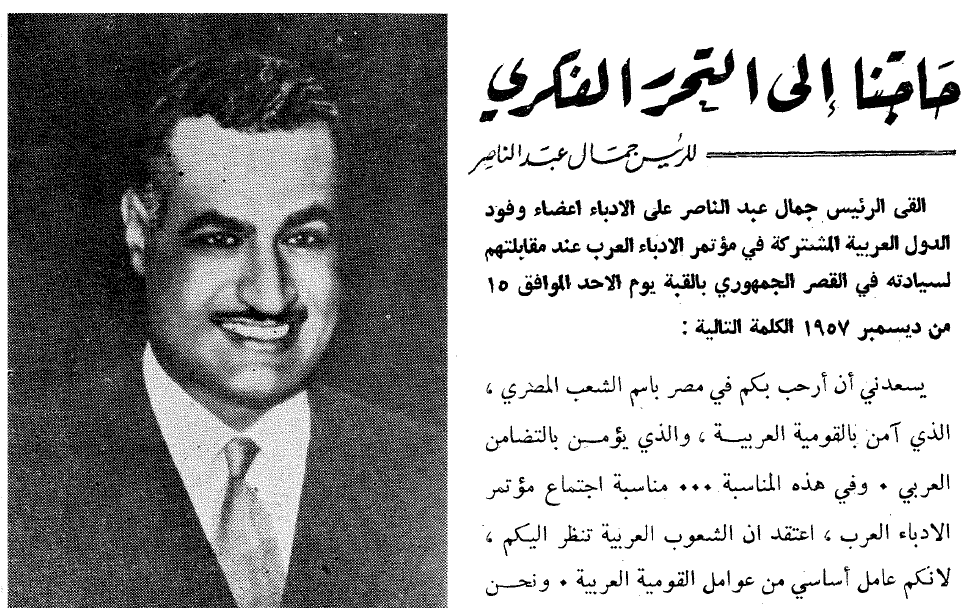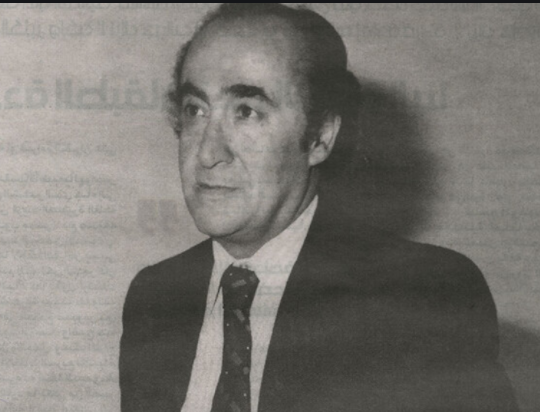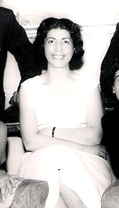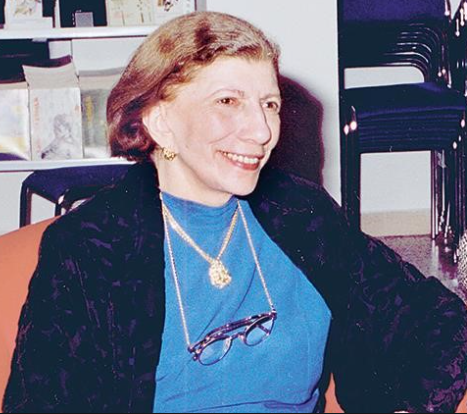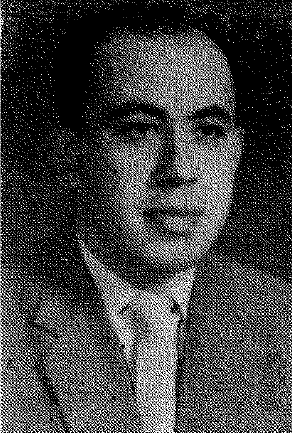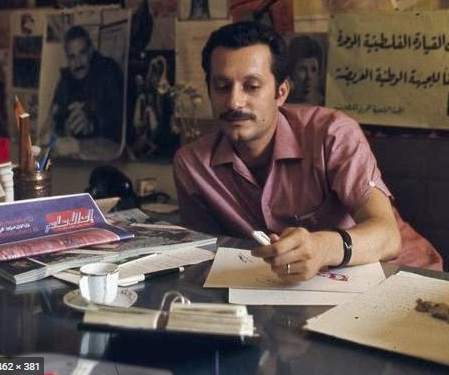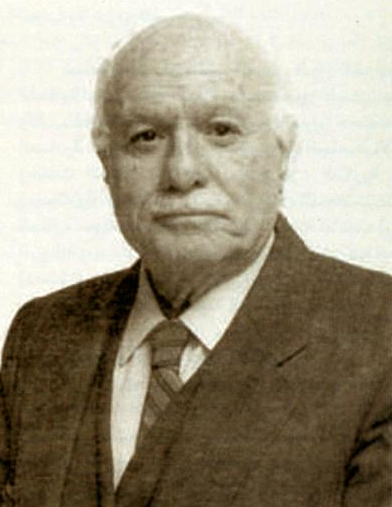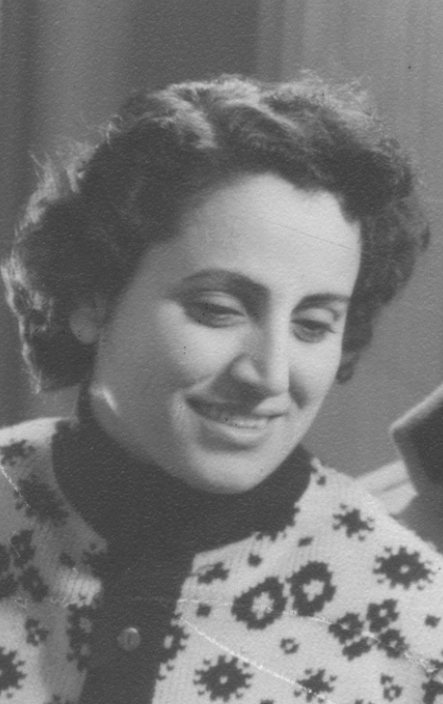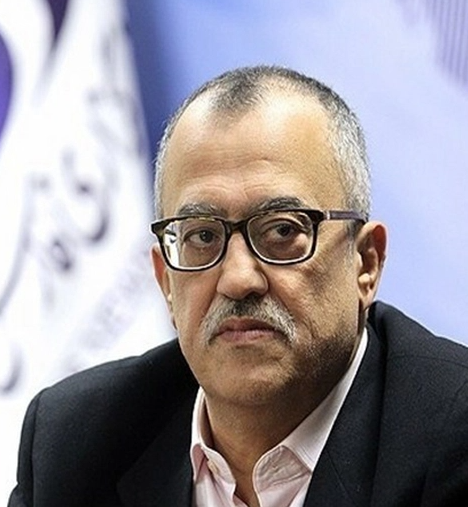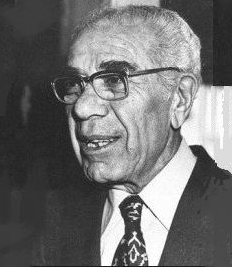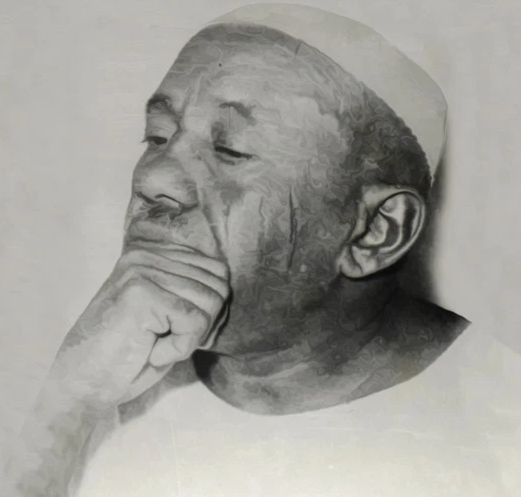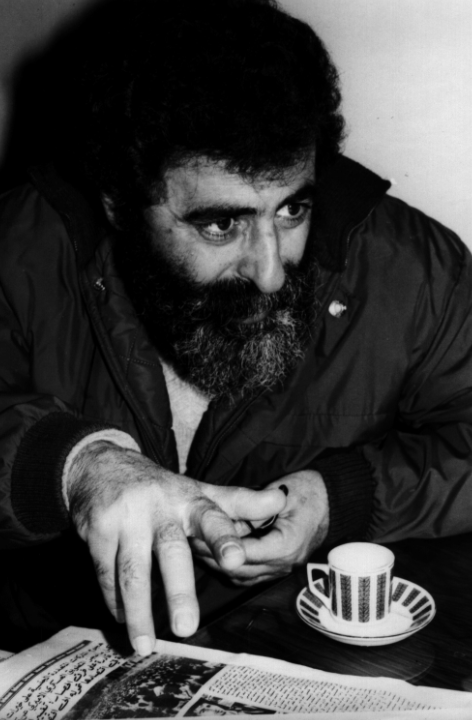1/24 Today, I will examine the notion of "iltizam" (Arabic for commitment/adherence). I will show that iltizam is a clichéd historical narrative, often employed by historians and literary scholars to sum-up the otherwise diverse intellectual map of the Arab 1950s and 1960s ~AA.
2/24 Iltizam regards literature/poetry/art as well as their function, goal, and role in Arab society and polity. It was a term devised by critics of art, poetry, and literature to refer to a mode of writing or creating art that is socially-grounded and politically-conscious ~AA.
3/24 Our focus is not on iltizam as a form of literature/art but rather on iltizam as a notion of literary criticism. In the post-1948 era, however, iltizam came to be a cultural/political phenomenon and a slogan used by those who stifled difference and marginalized dissent ~AA.
4/24 Victims of iltizam included a mix of thinkers and intellectual trends, but today I will address the fraught relation between iltizam and a cohort of Palestinian women and men who did not see in iltizam the emancipatory values claimed by its practitioners and advocates ~AA.
5/24 One major advocate of iltizam was Lebanese novelist Suheil Idriss. Idriss and his wife and intellectual partner, 'Aidah Matarji, managed one of the Arab world's most important and most widely-circulated cultural magazines: "al-Adab" (The Letters), which launched in 1953 ~AA.
6/24 In the Arab world, al-Adab became synonymous with iltizam (at least in its Arab Nationalist and existentialist variation). Iltizam was not a singular phenomenon but this will not be discussed today. For more on different forms of iltizam, refer to Di-Capua 2018 ~AA.
7/24 It suffices to note that the influences of iltizam included indigenous elements -- from the lit. criticism of ‘Umar Fakhuri (Lebanon) to the poetry of Ibrahim Ṭuqan (Palestine) -- alongside Jean-Paul Sartre’s idea of "littérature engagée" and Soviet socialist realism ~AA.
8/24 In Dec 1957, with the 3rd Congress of Arab Authors in Cairo, iltizam became a state-sponsored intellectual trend. Even Jamal 'Abd an-Nasser hosted a delegate of writers at his palace, where he preached about their duty to unfetter Arab letters from “foreign influence" ~AA.
9/24 Over the late 1950s, iltizam in the Arab world became all the more synonymous with state-intellectualism. Even then al-Adab grew into a sorry pastiche of Nasserite cultural periodicals, parroting Arab nationalist rhetoric in the garb of critique ~AA.
10/24 In Arab settings, Palestinians were reminded of their status as refugees – in official transactions, social interactions, or intellectual circles. This alienated existence, thus, prompted many Palestinian critics to question the assuredness of ideology, or iltizam here ~AA.
11/24 And so, as attendees of the 1957 Cairo conference sang praise to Nasser, to Arab nationalism, and to “the right kind of iltizam,” Jabra I. Jabra penned an essay critical of the pitiful state of Arab culture then ~AA.
12/24 For Jabra, iltizam abstracted suffering and expressed no more than the “froth of emotions.” The “chorus” of iltizam partisans, likewise, flattened the miseries of everyday life and rendered them into the material of sloganeering and political one-upmanship ~AA.
13/24 Salma Jayyusi (Palestinian literary historian) also took issue with iltizam. For her, Arab Nationalism offered no solution for Palestinians as it sought to “build a new world” while Palestinians sought a future with “possibility of return” to a lost yet familiar world ~AA.
14/24 Effectively, for Jayyusi, the Palestinian critical mood stemmed from the unique “world of the Nakba:” an ever-fluctuating, crisis-ridden world skeptical of teleological formulae and where slogans of “history-making” or “Arab struggle” have little place ~AA.
15/24 Ibrahim Abu-Nab – a Jerusalemite poet who studied in Illinois and shuffled between Amman, Kuwait, Doha, London, and Beirut – wrote that writers who employed “clichés” of struggling against imperialism and against its “Israeli offshoot” were …
16/24 … in effect, veiling “reductive and predetermined sermonizing” under the garb of radical literature ~AA.
17/24 Such iltizam authors, who churned out not literature but “string beans (فاصوليا),” were stuck in a backwards “pre-Nakba” mentality. For Abu-Nab, literature had to record the productive & destructive contradictions of exile & communicate the depths of alienation ~AA.
18/24 There were more Palestinian critics who wrote against iltizam (prominent among them Samirah 'Azzam, Ihsan 'Abbas, and Ghassan Kanafani) but what I sought with the examples above is to do away with the tired frameworks used to analyze postwar Arab intellectual history ~AA.
19/24 Narratives like iltizam impose neatness unto what was a chaotic intellectual scene. I view rather the Arab postwar years as an epoch characterized by an overwhelming sense of intellectual anxiety and by a lack of philosophical clarity amongst Arab writers and artists ~AA.
20/24 Palestinian critical culture cannot be explained by the reductive framework of iltizam. Many Palestinian writers opposed iltizam and sought a different, freer form of critical politics ~AA.
21/24 A critical politics that do not envelop the immensity of their tragic existence under slogans of a fictional pan-Arab unity or a utopian proletarian dictatorship ~AA.
22/24 But what exactly accords the discipline of criticism its analytic potency for grasping Arab intellectual history? Literary criticism – and the broad discipline of critique (naqd) – was seen by many critics as a politically expedient function not an ivory-tower pursuit ~AA.
23/24 Finally, lest we forget that critique was and remains a perilous activity in the Arab world. Consider the ghastly murders of Mahdi Amel and Hussein Mruwwah in Lebanon; Maḥmud Taha in Sudan; and, recently, Naheḍ Ḥattar (d 2016) in Jordan - to name but a very very few ~AA.
24/24 Tomorrow, some concluding thoughts and future directions. Until then ...

 Read on Twitter
Read on Twitter